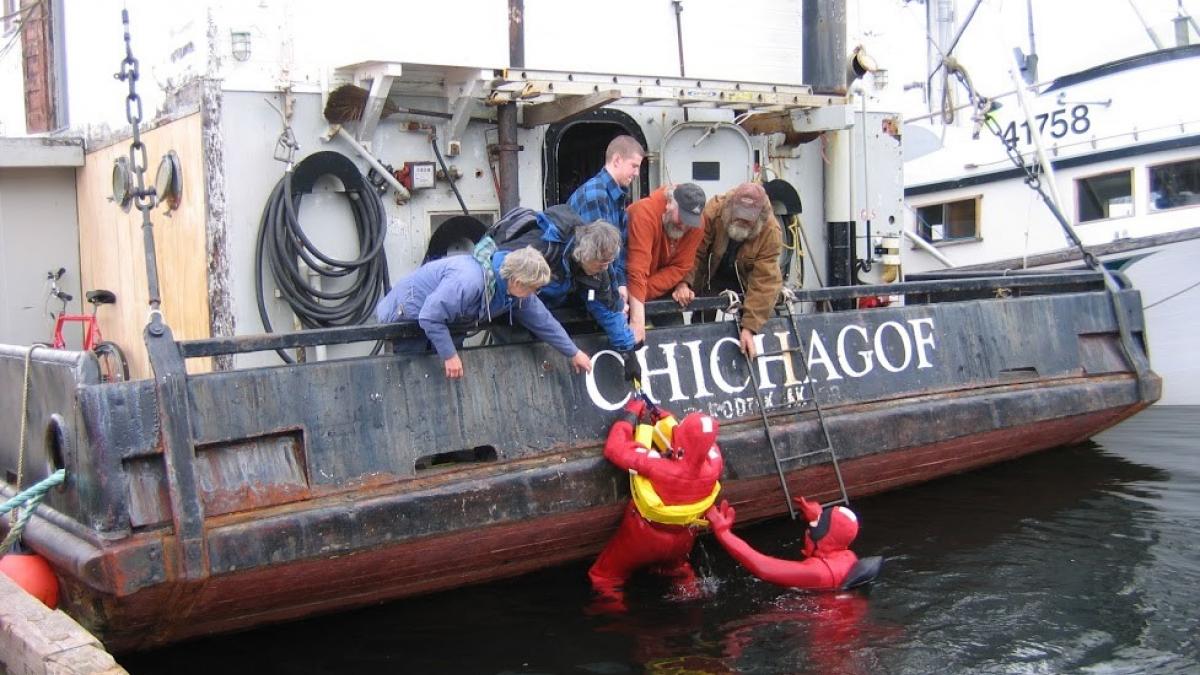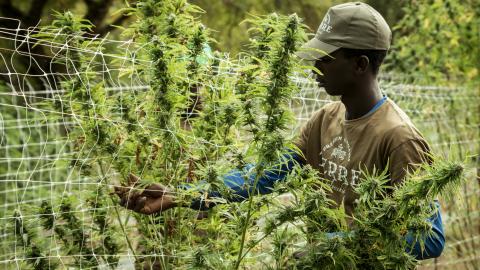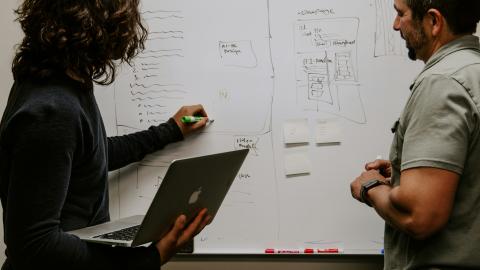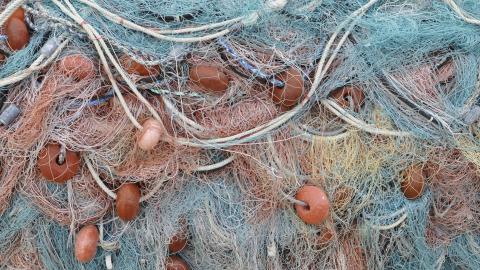
May 25, 2021
Commercial fishing in Alaska is one of the most dangerous professions, with a high risk of fatalities and injury (NIOSH, 2014). Falling overboard is the second leading cause of death among commercial fishermen nationwide, in the Bristol Bay gillnet fishery sudden water immersion is the leading cause of fatalities. In all instances of overboard deaths a Personal Flotation Device (PFD) was not worn by the fisherman. From 2010-2014, 47% of all overboard fatalities happened in Bristol Bay (NIOSH).
Heather Brandon of the Alaska Marine Safety Education Association (AMSEA) sought to address the issue of PFD use among Bristol Bay gillnet fishermen by providing one of two types of PFDs that may be more compatible with gillnet gear than conventional PFDs to participating fishermen. Heather, along with her mentor Jerry Dzugan, received funding from the Northwest Center for Occupational Health and Safety’s Professional Training Opportunities Program (PTOP) to provide the PFDs to 71 participants, and conduct a survey assessing the participating fishermen’s use of the new PFDs and their feedback on functionality. PTOP offers small grants to students and non-profits, such as AMSEA, for research projects and activities that address worker health or safety.
A NIOSH review of 204 recent commercial fishing overboard drownings found victims to be minutes from rescue and not wearing a PFD, a scenario where a PFD would likely have saved their life. AMSEA has been working to address this hazard through education by offering Coast Guard Accepted Emergency Drill Conductor (EDC) training workshops 4 times a year to year in Bristol Bay Alaska-based fishermen. However, low use of PFDs among Bristol Bay gillnet fishermen demonstrates that education and training may not be enough to change PFD use habits. Heather and her research team sought to understand perceived barriers to PFD use with their PTOP funded study including comfort, compatibility with gear, and cultural mindset among fishermen.
After distributing one of two types of PFDs that may be more compatible with gillnet gear to participating fishermen, the AMSEA team received feedback from 25% of the participant group. 93% of the respondents reported using the PFDs some or all of the time. Survey respondents noted warmth, durability, padding in appropriate places, and safety assurance as key reasons for their increased use of the newly designed PFDs, while bulk, difficulty taking on and off, and overheating while working were cited as barriers to use.
Overall, the study authors were encouraged to see a dramatic increase in PFD use among their respondents, and recommend replicating the survey on a larger scale to assess the pros and cons of the new PFDs, and understand remaining barriers to constant and consistent PFD use. “I was just on a national commercial fishing industry webinar with over 100 people from across the US and overseas talking about the results which generated lots of interest” states Jerry Dzugan, “This study is going to have a lot of ‘legs’ for the foreseeable future.”
_____________________
Do you have an interest in conducting research or developing expertise in occupational health and safety? You may be eligible for PTOP funding from the Northwest Center for Occupational Health and Safety.
Applicants are welcome from any discipline or field of study, including students earning associate’s degrees as well as undergraduate, graduate or post-doctorate degrees. Applications are also welcome from nonprofit staff and employees at organizations interested in developing expertise in occupational health and safety.
Grants of no more than $10,000 (including direct and indirect costs) will be made to support:
(1) A research project or demonstration.
(2) An internship or other learning experience.
(3) An activity or program.
All proposals must address health and/or safety issues in the workplace or for working populations.
To learn more and apply visit the PTOP website: https://deohs.washington.edu/nwcohs/research/pilot-funding




